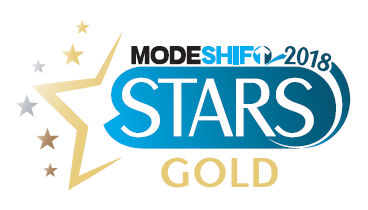Pastoral Support
Pastoral Offer at Wellington
At its simplest, pastoral care is the provision a school makes to ensure the physical and emotional welfare of its pupils. It is the essential foundation upon which learning can take place, in order to foster pupils’ personal development as much as their academic progress.
Why is pastoral care important?
Education and health are closely linked. Recent studies have shown that pupils with better health and wellbeing are likely to achieve better academically. What is more, life skills, such as those taught in a successful PSHE (personal, social, health and economic) programme, are associated with greater wellbeing and higher achievement. Good pastoral care in school is also fundamental to the development of character and social skills, which will be of critical importance to pupils in later life.
Teachers and school leaders discuss all pupils needs and refer pupils to the appropriate intervention.
Please click on the links below to see more about our different offers.







